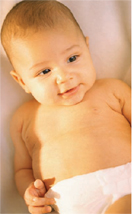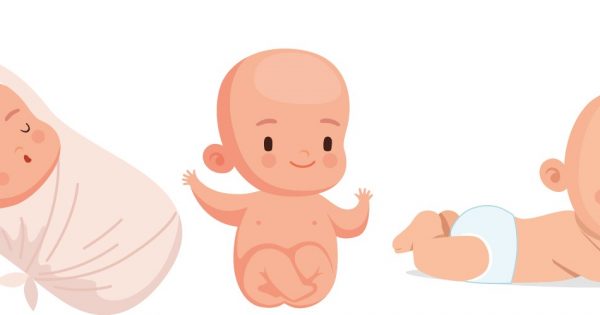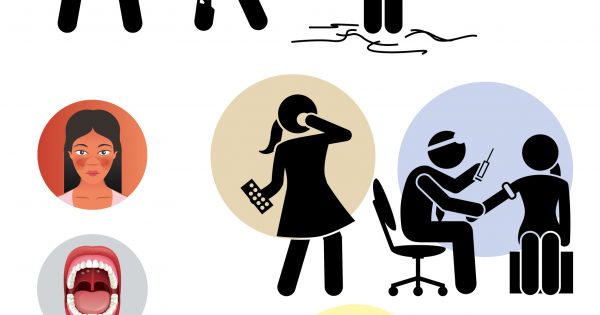To a parent, the joy of hearing their child say “mama” for the first time is immeasurable. That momentous occasion is preceded by months of cooing and babbling and soon followed by many more words.
So how does a baby’s cooing sound transform into intelligible speech?
Speech is a complex process. In order to speak , a child must first of all be able to hear, for children learn through copying. There must also be adequate interaction between the child and caregiver, and sufficient maturity of the brain in order to analyse the sounds heard and to instruct the various muscles of the mouth and larynx to reproduce the sounds.
A child begins to ‘speak’ from the age of about two months. At this stage, his words consist of vowels, such as “ ooo”, “aaa” and “eeee”. During this stage, he learns to move his lips to produce the sounds and gradually becomes aware of the power of communication. This leads to an increase in pitch when his needs are not met or when he is feeling ignored. In addition to cooing, a baby also learns to smile and chuckle responsively when spoken to.
By the age of 6 months, cooing gives way to babbling where sounds are produced by pairing vowels with consonants and making sounds such as “ ba”, “da” , and “ ta”. This requires the ability to use the lips and tongue to produce the sounds. The first few tentative babbles soon give way to longer babbling, incorporating more than one sound. By the age of 8-9 months, his sentences are more musical with variations in pitch and volume. He is now aware of his ability to command attention and his musical babbles often fill the air, leaving you to wonder what it was like before such a cacophony of sounds entered your life. He is also responsive and often listens attentively when spoken to, responding joyfully in return.
However, beware the baby who is ignored; his babbles will become increasingly louder and angrier, leaving you in no doubt that you are being scolded.
The ability to pair his babbles will result in words such as “ ma-ma” and “da-da”. However, in the beginning these are not specific to his parents but are used to address anything or anyone, including the pet dog! Don’t get disheartened, though; by the age of one year most babies will be able to limit the use of “ma-ma” and “da-da “ to parents.
Milestones in Speech
| Milestone | Average age achieved | You should be worried if these milestones are not achieved by… |
|---|---|---|
|
Responds to nearby voices & everyday sounds |
4 weeks |
6-8 weeks |
|
Shows ordinary interest in playthings and people |
6-8 weeks |
3-4 months |
|
Babbles tunefully to self and others |
7-8 months |
10 months |
|
Speaks in single words |
13-15 months |
21 months |
|
Puts 2-3 words together in sentences |
18-22 months |
27 months |
|
Intelligible speech |
3-3.5 years |
4 years |
|
Conventional grammar usage |
4-4.5 years |
5 years |







Comments